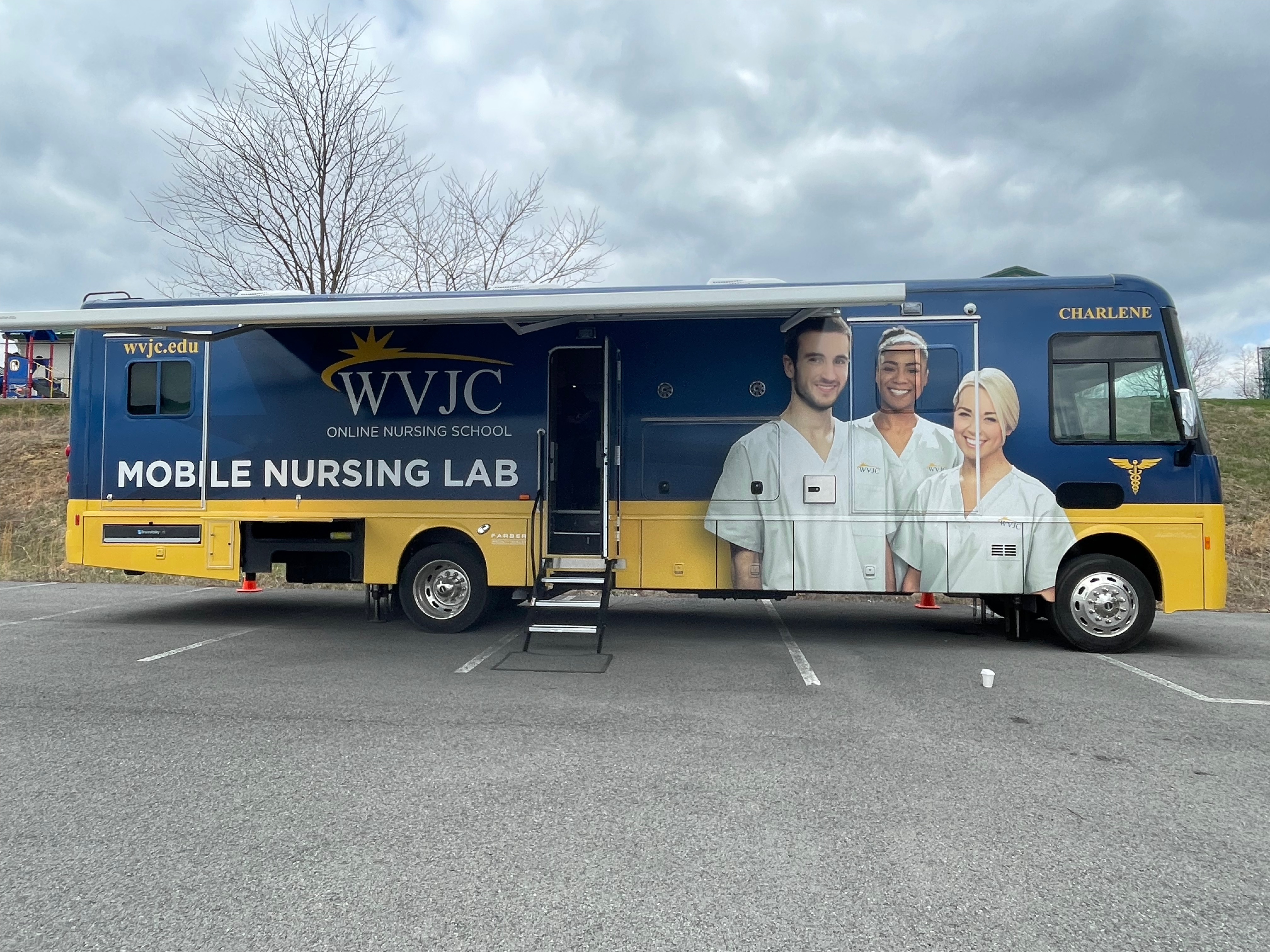Nursing Faculty Visits West Virginia to Learn About Mobile Nursing Lab Bus
By Joe Camplin
The University of Regina is exploring a state-of-the-art mobile nursing lab after members of the Faculty of Nursing recently toured a mobile lab at West Virginia Junior College (WVJC). The lab in Morgantown, West Virginia, provides educational opportunities to those living in rural and remote areas.
The Faculty of Nursing expects an influx of rural students into the program in the coming years. These students will need access to labs and support to learn the skills required in the nursing program, but through the current system, students must travel to Regina or Saskatoon to participate. A mobile lab would change that.
“Instead of having them come to Regina or Saskatoon, where our programs are located, we’re going to go to them,” said Shauna Davies, assistant professor at the Faculty of Nursing. Last summer, the program was tasked with looking into developing a mobile skills lab, and after reviewing the potential options, a bus made the most sense.

The bus would house all the necessary equipment for lab instruction, including stretchers and mannequins. Davies said that a bus would provide unique learning opportunities to students. “It could be used to generate a whole hospital environment so that they can see what it is like as they prepare to work,” she said. It would also allow those not actively participating in the lab to learn and observe.
WVJC’s buses have only been in operation for a couple of years. The goal of the visit to West Virginia was to learn what worked (and what didn’t) so the implementation process would be easier in Saskatchewan.
“What is awesome about all these places -- because we’ve also connected with other communities as well -- is just the sharing of experiences so we don’t repeat the same mistakes,” said Davies.
For example, WVJC staff discovered that the optimal time to be on the road was three days a week. Davies added that the benefit of a bus is that it can be used for other educational programs when it is not on the road.
“You can use it for educational training or outreach programs with high school students,” said Davies. Travelling also took its toll on the mannequins and beds, so WVJC staff began to limit the supplies they brought to reduce the need for repairs. They also recommended using stretchers since the buses had to be disassembled to fit a traditional hospital bed.
The project is currently in the proposal stage, intending to have the bus operational in 2025. The faculty is also exploring virtual reality as an additional educational tool that would limit the need for student travel.